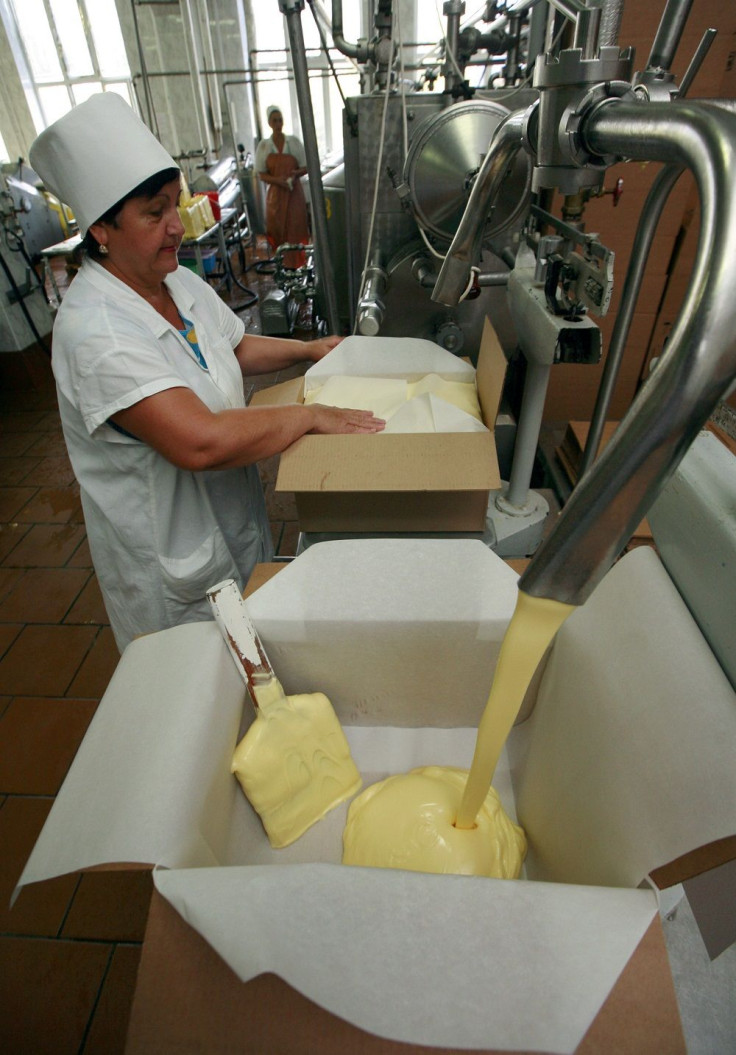Canadian study says margarine is more dangerous for heart health than butter

The dairy industry would be happy with the result of a new study by McMaster University researchers in Canada. The research said that saturated fat in butter, cream or meat does not increase the risk of stroke, heart ailments or diabetes.
However, trans-fat in processed food such as margarine hikes the risk of death by 34 percent, said Dr Russell de Souza, lead author of the study and assistant professor at the university’s Department of Clinical Epidemiology and Biostatistics. But de Souza clarifies that while there is no clear benefit from trans fats, the study does not advocate increasing the allowance for saturated fat in dietary guidelines.
Current guidelines is to limit intake of saturated fats to less than 10 percent and trans fats to less than 1 percent of energy to cut risk of heart ailments and stroke. In 2014, Dr James DiNicolantonio of Ithaca College in New York, in an article in the British Medical Journal, sought to change guidelines on saturated fat.
The Danish Dairy Research Foundation, which funded in July a study about butter, shot itself in the foot when results of the study, published in the American Journal of Clinical Nutrition, found that butter raises blood cholesterol levels, even at moderate levels. The better and healthier choice is olive oil, the study said.
Another research by the University of Cambridge discovered that saturated fat in dairy foods could possibly protect against diabetes.
Tom Sanders, Nutrition and Dietetics emeritus professor at King’s College London, however, cautions, “It would be foolish to interpret these findings to suggest that it is OK to eat lots of fatty meat, lashings of cream and oodles of butter.” Victoria Taylor, senior dietitian of the British Heart Foundation, adds that the study only failed to show cause and effect between butter and ailments, highlighting the difficulty in understanding the true relationship between diet and health.
In a comparison of the two spreads, Australian Women’s Weekly, leading Australian dietitians advised locals to limit intake of margarine or butter to what the dietary guidelines prescribe.
Susie Burrell, a dietitian, says, “I would argue that neither butter nor margarine is needed in the diet at all.” She explains fat from nuts, olive oil, avocado, meats and dairy are sufficient to meet the dietary requirement and there is no need to add extra fat in butter or margarine.
Contact the writer at feedback@ibtimes.com.au or tell us what you think below






